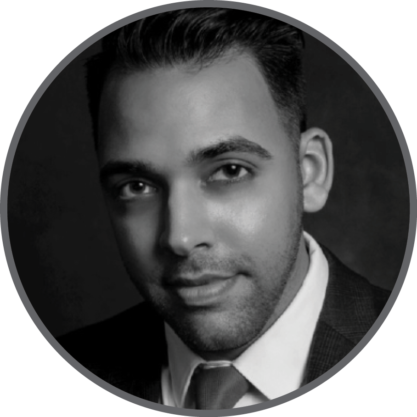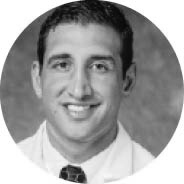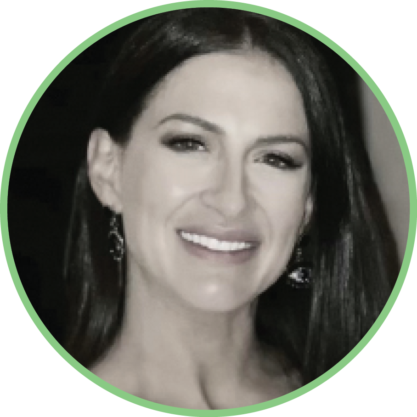On a recent episode of CRST: The Podcast, Robert J. Weinstock, MD, leads a discussion with his current fellow, Caroline Watson, MD, and William F. Wiley, MD, and his current and former fellows, Arjan Hura, MD, and M. Amir Moarefi, MD, about the benefits of nontraditional fellowships.

"When I looked at the private practice fellowships, here you were doing over 1,000 cataract surgeries in a year, utilizing the latest premium technology, delivering amazing refractive outcomes, using the latest IOLs, being involved in clinical research studies, and that was mirrored on the laser vision correction side of things as well … I wanted to deliver exquisite, premium cataract and refractive outcomes for patients—deliver the highest possible quality of care. I wanted to become the best version of myself as a surgeon that I could be, and I just felt like the private practice cataract and refractive fellowships were the best route for me.”
—Arjan Hura, MD

"Dr. Wiley told me once when I was a fellow [that] it’s easy to be a good surgeon, but to be a great surgeon, it’s how you deal with those moments where you have trouble. That’s what really defines you, and that come with tons of experience. When you do these high-volume cataract and refractive fellowships, you get 5 to 10 years of experience in 1 year.”
—M. Amir Moarefi, MD

"I only applied to private practice fellowships, and it went from being something that I wanted to do to something that I felt I needed to do because I was in residency in the midst of COVID-19, and our surgical numbers … were diminished during that time; I didn’t feel like I could safely go out into practice, be a really strong surgeon, and get myself out of trouble if I had to. I felt like this was the best opportunity for me to really polish my skill set and get exposure to private practice.”
—Caroline Watson, MD


